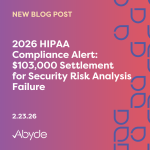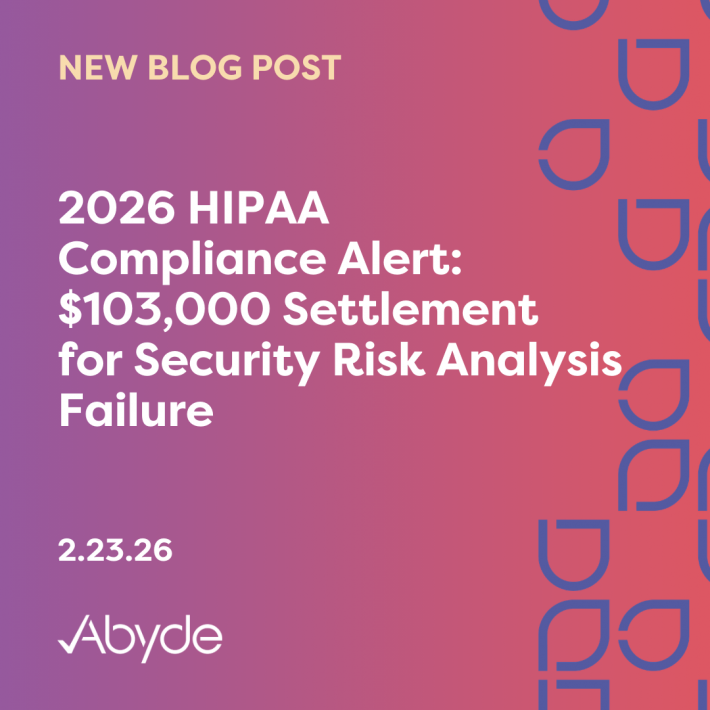July 19, 2023
Step into the world of healthcare compliance, where regulations intertwine with sensitive data, and privacy is paramount. Today, we delve into the intricacies of HIPAA documentation, unraveling the enigma that shrouds its retention period.
Understanding the Birth of HIPAA Documentation
In the complex world of healthcare, the Health Insurance Portability and Accountability Act (HIPAA) emerged as a key legal framework. Alongside this landmark legislation came the advent of meticulous record-keeping, aptly named HIPAA documentation. It became the guardian of sensitive information, ensuring its security within healthcare organizations.
Deciphering Retention Periods
Retention, the art of keeping records for an appropriate duration, is at the heart of HIPAA compliance. A six-year retention period is a general guideline for most HIPAA privacy and security documentation. However, it’s crucial to note that specific regulations may vary based on location and organization. Always consult the relevant governing authorities to stay current with your local requirements.
Embrace Letting Go
What happens when those six years pass? Do we bid a grand farewell to our documents? Not exactly. HIPAA presents an exit strategy for us, an opportunity to clear the clutter. Once the retention period ends, it’s time to dispose of the documentation securely. Shredding physical copies or ensuring the proper deletion of electronic files helps maintain privacy and prevent unauthorized access.
Exceptions and Surprises
As with any regulatory landscape, exceptions and surprises lie in wait. HIPAA documentation is the same. Certain records, such as incident reports and breach notifications, may necessitate longer retention periods, sometimes indefinitely. Staying informed about evolving regulations and recommendations from relevant authorities is essential. After all, compliance is a journey that demands ongoing vigilance.
The Digital Frontier
In the age of digital transformation, HIPAA documentation has evolved beyond traditional paper trails. Electronic Health Records (EHRs) have become a powerful ally, offering efficient storage and accessibility. However, the same rules apply to safeguarding digital records. Encryption, access controls, and regular backups are pivotal in protecting sensitive data, ensuring compliance in our increasingly interconnected world.
As we conclude our expedition through the intricacies of HIPAA documentation, let us remember that compliance is not a mere bureaucratic exercise. It signifies a commitment to preserving patient privacy and security. Embrace the guidelines, adapt to exceptions, and bid farewell to records appropriately. HIPAA documentation has its time and purpose before gracefully moving on.
Remember, maintaining HIPAA compliance goes beyond just documentation. It requires a comprehensive approach involving policies, procedures, training, and ongoing vigilance to protect patient privacy and maintain the security of sensitive health information. Abyde is a complete HIPAA compliance software designed to streamline compliance efforts and simplify the management of HIPAA documentation. It offers a range of features and services that assist healthcare providers in meeting their compliance obligations effectively.
With Abyde, healthcare organizations can automate their HIPAA risk analysis, provide custom policies and procedures, provide employee training, and maintain documentation. It provides a centralized platform to securely store and manage important records, ensuring easy access when needed and significantly reducing the stress that comes along with HIPAA compliance.





